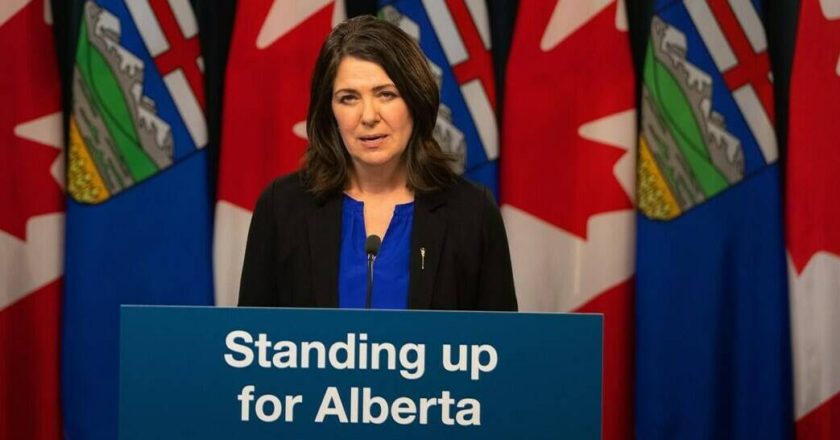Premier Smith threatens national unity crisis- it’s about distraction
Note to readers: The comments section below is now functioning. Please feel free to comment on any of my scribbling. I would like to hear what you think.
It has been a busy week since Mark Carney was elected Liberal Party leader and formed a government. Danielle Smith has used Carney’s recent and rapid rise as Liberal leader to set out conditions (see below) for either the new Liberal PM or a future CPC leader, Pierre Poilievre to meet. All of these demands are rooted in the goals of the oil and gas industry or the Take-Back-Alberta activists now controlling the United Conservative Party.
Last week I canvassed Smith’s fusillade at newly sworn in PM Carney of 14 March. This past week she has continued her campaign to force federal political leaders to come on board to in effect ...



